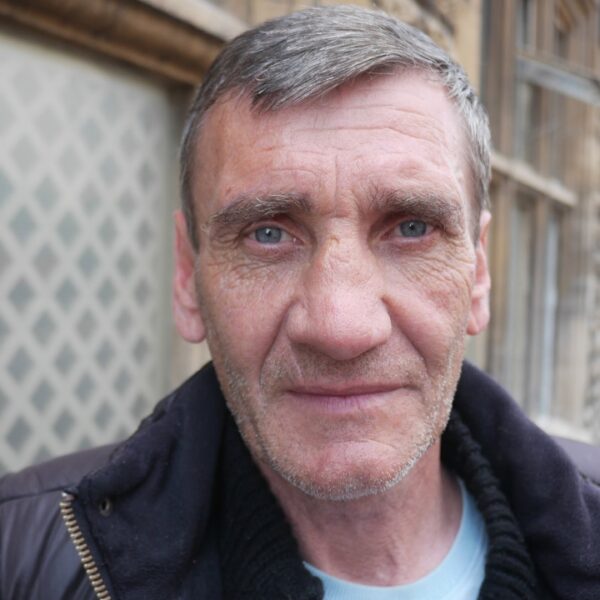Federal government programs have been essential in keeping folks out of homelessness. Over the past 20 years, the Department of Housing and Urban Development (HUD) has been the source of housing assistance for over 35 million households. Despite this, our nation is in the middle of a housing crisis with a shortage of 7 million affordable housing units. There is also a backlog of $50 billion in repairs to existing units currently not suitable for human habitation. Despite this need for increased resources, President Donald Trump and his administration have shown little interest in solving this issue.
When planning the last two fiscal budgets, President Trump proposed dramatic decreases to HUD’s budget. For 2020, he suggested reducing the budget by $8.7 billion; in 2019, the proposed budget cut was $6.8 billion. These cuts would eliminate programs that maintain basic standards of living, Housing Choice Vouchers, and opportunities for upward mobility, among other factors that keep folks out of homelessness.
Fortunately, these budget proposals have been met with bipartisan disapproval, and rejected each year. However, this has created a standstill in making any progress and addressing the needs of those who need federal housing assistance. Unsurprisingly, the Democratic candidates challenging Trump in the upcoming election have released comprehensive housing plans they would attempt to enact if put in the Oval Office. This article features each policy and summarizes their main points.
Bernie Sanders: Housing for All
Highlights:
- $2.5 trillion total housing budget
- $32 billion dedicated to ending homelessness
- 10 million new affordable housing units
- 2 million mixed-income social living units
- 100% sustainable energy in each household by 2030
- National rent control ceiling of 3%
With a total housing budget of $2.5 trillion and $32 billion dedicated to ending homelessness in America, Sanders proposes spending the most money on this pressing issue.
$1.48 billion of this budget will be designated to build 10 million new affordable housing units across the country, including in rural areas. To keep homes affordable, a national rent control ceiling at 3% will be enacted. States have the option to pass even stricter measures. He also proposes implementing a “just cause” requirement for evictions, right to counsel program for those individuals experiencing eviction, and creation of a Fair Housing Agency.
The Vermont Senator also attempts to address discrimination in housing policy through investing $400 billion dollars to build mixed-income social living units designed to desegregate and integrate communities, in addition to ending restrictive red zone ordinances, as well as officially including LGBT+ Americans in the Fair Housing Act.
Under a Sanders presidency, every home in the United States will have 100% clean, renewable energy to address the current climate crisis.
Joe Biden: Investing in Our Communities Through Housing
Highlights:
- $640 billion total housing budget
- Reduce carbon footprint of U.S. building stock 50% by 2035
- Provide complimentary public transportation for municipalities of over 100,000 people by 2030
- 400,000 housing units for homeless individuals
- 100% of formerly incarcerated individuals are guaranteed housing upon reentry to society
- Enact national rent control so housing costs no more than 30% of annual income by providing Section 8 vouchers
Joe Biden envisions spending $640 billion over 10 years on housing throughout the US, including $100 billion on affordable housing.
Like Sanders, the former Vice President has a plan to turn this into a reality for all Americans: a national rent control where renters would pay maximum 30% of their annual income each month through Section 8 vouchers. Part of this budget would go to constructing 400,000 housing units for individuals experiencing homelessness.
Although not as ambitious as his opponent, Biden looks to impose and maintain environmental standards. By 2035, his plan will reduce the United States’ carbon footprint by 50%. In addition, public transportation will be complimentary in municipalities of over 100,000 people by 2030.
What stands out about this platform is commitment to marginalized populations. Under a Biden administration:
- Transgender individuals would be included along with LGBT+ folks in the housing discrimination act
- Funding for the Runaway and Homeless Youth Act would increase
- Minority-owned businesses would benefit from nearby gentrification
- Eliminate the practice of Redlining
- Supportive Services for Veterans Families program would be established.
Comprehensive Housing Plans to Address Crisis
Overall, these platforms are extremely strong. They show a commitment to addressing the dire needs of millions of Americans. Both candidates seem to understand how the housing crisis is leaving many without a safe, decent option to live, and are willing to take drastic actions to change that. Furthermore, they have demonstrated knowledge of how this crisis affects different types of areas and people. With that said, either of these candidates would put our country in the right direction in solving this grand challenge.













